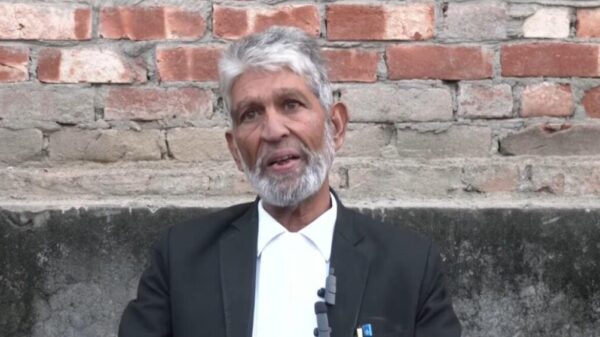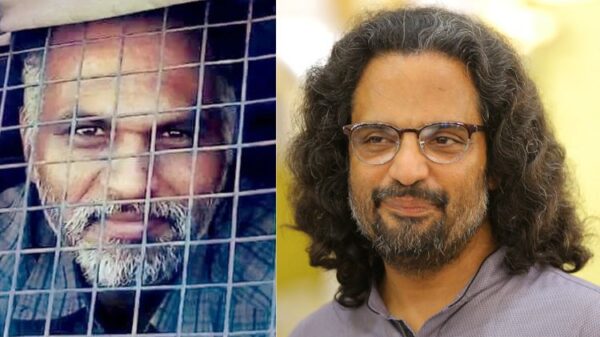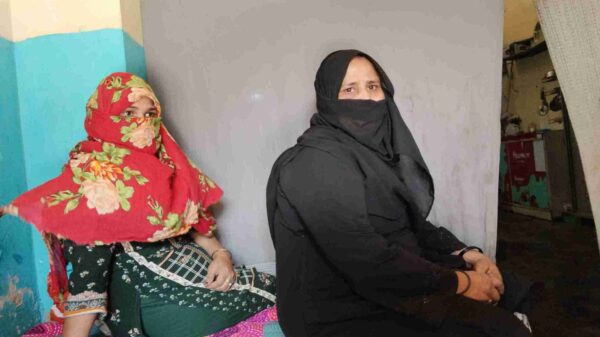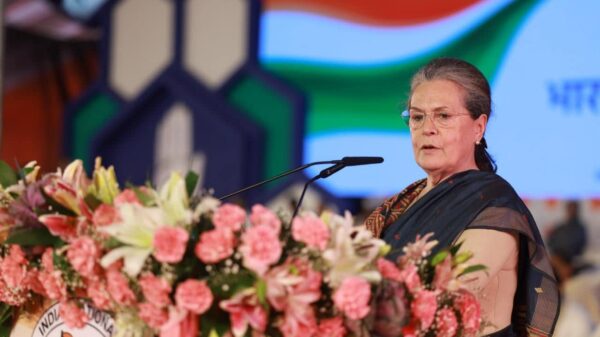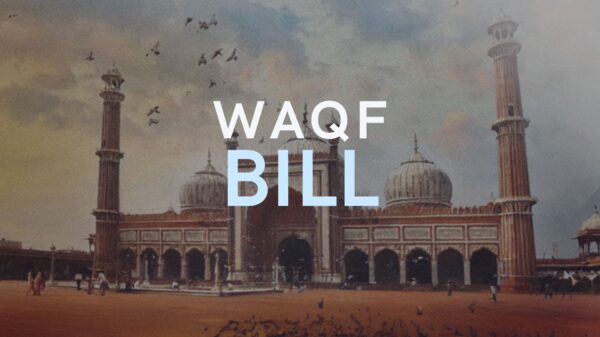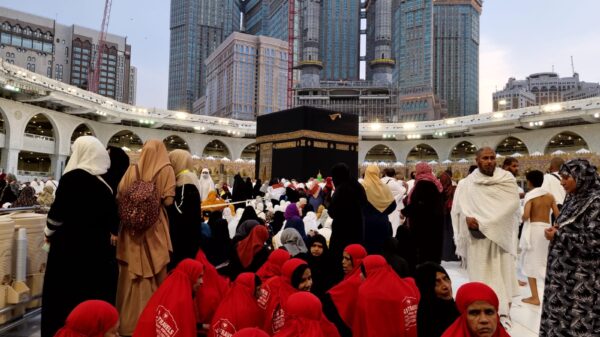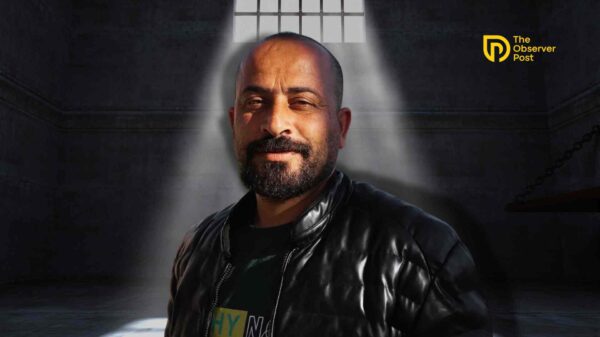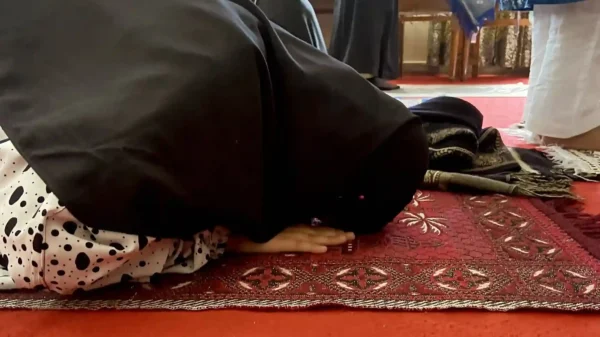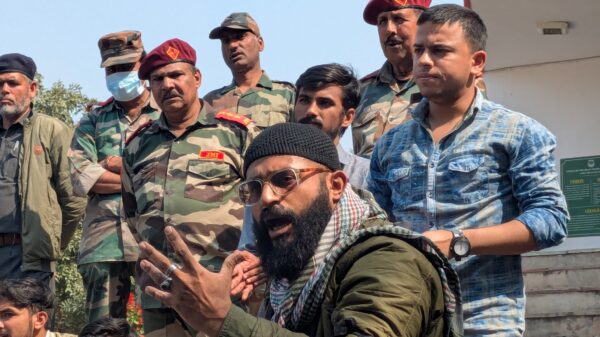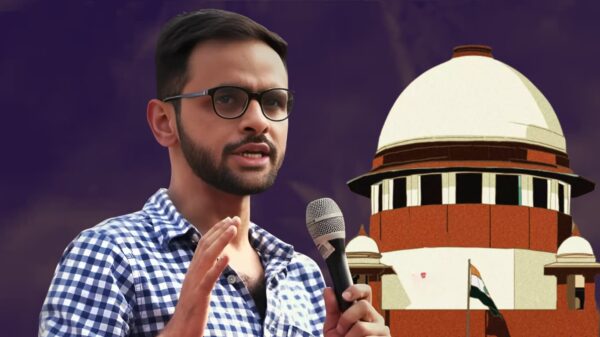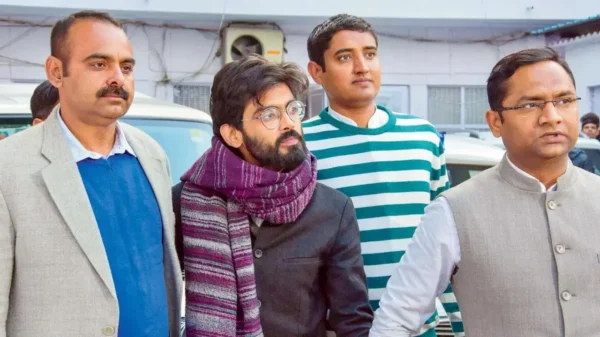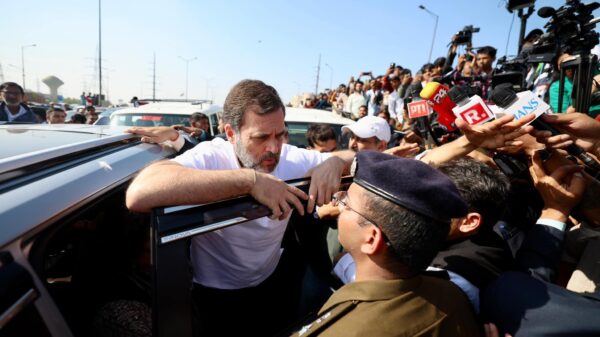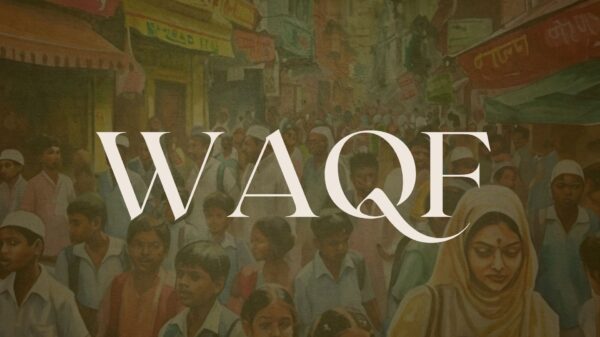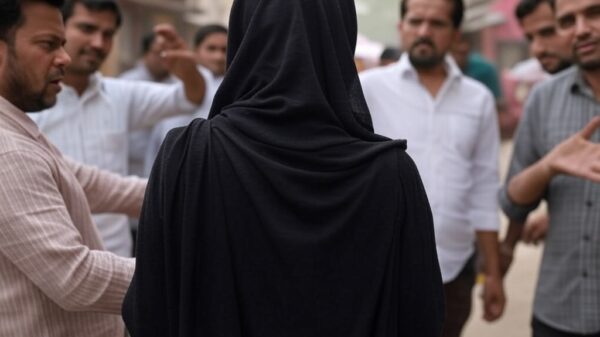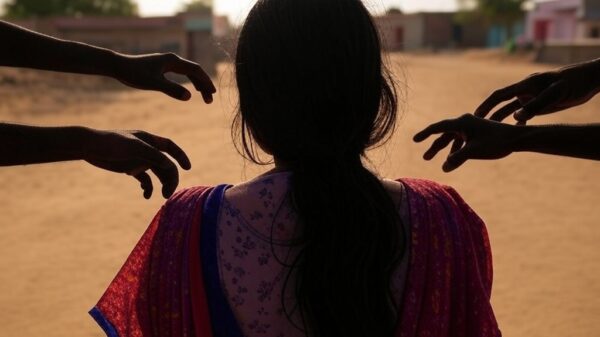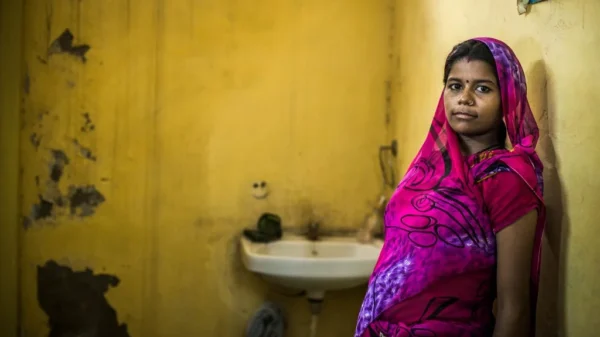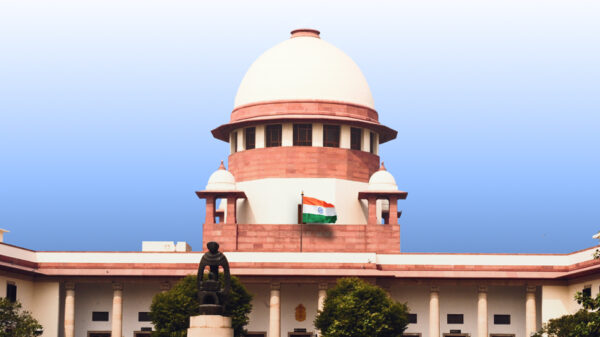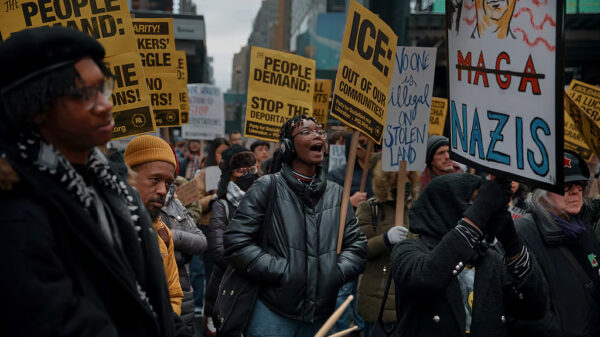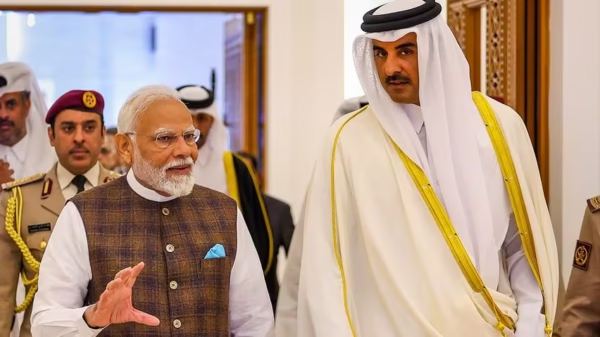Cinema is highly regarded as an art form due to its ability to appeal to the very reality of the human race. As motion pictures can significantly impact one’s perception, this form of art must be used for the elevation of mankind. Having said that, caution must be exercised while making use of this art form. As millions of people have become ardent consumers of movies, web shows and serials, it is the responsibility of content producers to cater to fruitful and productive content. India, being the land of Bollywood, has an active film industry which satisfies the demands of the Indian populace. Once again, it must be reiterated that while catering to a diverse and religious population, caution must be exercised in order to eliminate even the slightest hint of communalism. But is the industry bypassing all limits of ethics by creating a demand for divisive content and spreading misinformation?
Recent Trends
Gone are the days when movies were made for entertainment or to inculcate higher societal values. In a recent shift, the Indian film industry is witnessing a trend of dehumanizing the second-largest minority community in India. Movies and Web shows like ‘The Kashmir Files’, ‘The Kerala Story’, ‘72 Hoorein’, ‘Freelancer’ and ‘Hamaare Baarah’ depict the Muslim community in an extremely negative light. From being presented as terrorists to oppressing women due to their conservative views, Muslims are being shamelessly held responsible for practising their faith, as such content misrepresents and demeans Islam as well as Muslims. The amount of lies and misinformation which is pumped into such depictions is unparalleled. As a result, such content adds fuel to the already existing communal disharmony in various parts of the nation. People who are not well versed with Islam, end up being influenced by such movies, due to which they view the Muslim community with contempt.
It has become common for Bollywood to portray Muslims as terrorists. The storyline of ‘The Kerala Story’ was that Muslim men converted non-Muslim women to Islam and married them so that they could be sent to Syria in order to facilitate the mission of a terrorist organisation. The web show ‘Freelancer’ was also based on a similar theme. In ‘72 Hoorein’, various Islamic traditions were misquoted to show how Islamic clerics appeal to the fantasies of Muslim men, thereby exhorting them to kill innocent people. ‘The Kashmir Files’ was yet another attempt to prove how violent Muslims were. When the industry got fed up with the terrorism rant, it attacked the family life of the Muslim community in ‘Hamaare Baarah’. In this movie, a conservative Muslim man who was against birth control and abortion, was responsible for his wife’s death. Verses of the Quran were misquoted and lies were fabricated to tarnish the image of Islam. Furthermore, the so-called historical movies like ‘Padmaavat’ and ‘Kesari’, vociferously portray Muslims as intruders.
This chain of movies cannot be said to be a mere coincidence. In a diverse country like India, where the primary goal of all institutions should be to foster co-existence and communal harmony, the film industry has become a breeding ground of hatred. The credulous public has no option but to give into this propaganda and form extreme opinions about a particular community. The negative consequences of such content undermine the very fraternity of this nation and must be viewed in the light of the existing statutory provisions and judicial pronouncements.
Current Law and Judical View
In 1952, the Cinematograph Act was enacted in order to certify and regulate the exhibition of films. According to Section 3 of the Act, the Central Government has the power to constitute the Board of Film Certification. The Central Government also has the power to appoint the members of this Board. In 1983, the Rules for the same were specified but even after a major revision, Rule 3 of the Cinematograph (Certification) Rules, 2024, states that Board members shall hold office at the pleasure of the Central Government. Therefore, the control of the Central Board of Film Certification (CBFC) is completely in the clutches of the Central Government. This centralised control may enable the government to politically manoeuvre the masses.
Despite this control, the Board ought to adhere to certain guidelines according to Section 5B of the Act. Guidelines which are relevant to the discussion at hand are that a film must not go against the sovereignty and integrity of the nation, public order, decency, or morality, and it should not be defamatory. In 1978, additional principles were laid down which obliged the CBFC to prohibit the certification of content which would promote communalism, would be defamatory of an individual or body of individuals, or would be contemptuous of racial, religious or other groups.
As such content is justified on the grounds of freedom of speech, it must be remembered that freedom of speech in Article 19(1)(a) of the Constitution is subject to reasonable restrictions mentioned in Article 19(2). Ground on which such content must be barred from screening is public order. In Romesh Thappar v. State of Madras, the court remarked, “Public order is an expression of wide connotation and signifies that state of tranquillity which prevails among the members of political society.”
In Ramjilal Modi v. State of Uttar Pradesh, the court dealt with a situation wherein an article was published with the intention of outraging religious sentiments of the Muslim community. The constitutional validity of Section 295A of the Indian Penal Code, which penalized acts intended to outrage religious feelings, was challenged. The court upheld the validity of the Section and observed, “Article 19(2) protects a law imposing reasonable restrictions on the exercise of the right to freedom of speech and expression in the interest of public order…If therefore, certain activities have a tendency to cause public disorder, a law penalising such activities can be held to be a law imposing reasonable restrictions even if such activities may not lead to a breach of public order.”
In K.A. Abbas v. Union of India, the court held that pre-censorship of films was justified under Article 19(2) as films had to be treated separately from other artistic expressions because motion pictures has the capability to stir up emotions more deeply. This is a universal fact that movies make a profound impact on one’s senses and mind. This is quite evident from the fact that people started to despise Muslims after watching movies like ‘The Kerala Story’ and ‘The Kashmir Files’.
Stringent Regulations – Need of the Hour
As there is no transparent mechanism as to how the members of the CBFC are appointed, a neutral panel must be constituted which should include the members of marginalised communities as well. Such a panel should be free from unnecessary governmental intervention and must be selected by an independent body comprising stakeholders of the film industry, people skilled in public policy, law and media.
Currently, there is not a single Muslim in the CBFC. Furthermore, it is absurd that the Director of ‘The Kashmir Files’ is a member of the CBFC. Such appointments open avenues for personal bias. The first stage of regulation is that such content should not reach the screens. If it is screened and such screening has the tendency to significantly prejudice the minds of the public, penal sanctions should be applied.
The objectives of filmmaking must always be taken into account by directors, producers, and scriptwriters to ensure that the standard of cinema does not decline. The goal of the entertainment industry should be to promote constitutional values in society. The preamble of the Constitution envisions a fraternal bond among the country’s citizens. Therefore, it is an aspect of constitutional morality that this bond should prevail throughout the socio-legal fabric.
Here’s the corrected version:
The existing political realities are sufficient to advance a divisive agenda. It is the duty of learned citizens to counter such propaganda. The majority community must also introspect on whether it wants its future generations to live in a society based on hatred and contempt for others. The fact that society is a united whole must never be erased from our memory. If lines of respect, unity, and integrity are not clearly drawn, the current generation will be responsible for the destructive consequences.
The information presented in this article represents the personal viewpoints of the author and does not necessarily reflect the opinions of The Observer Post.

